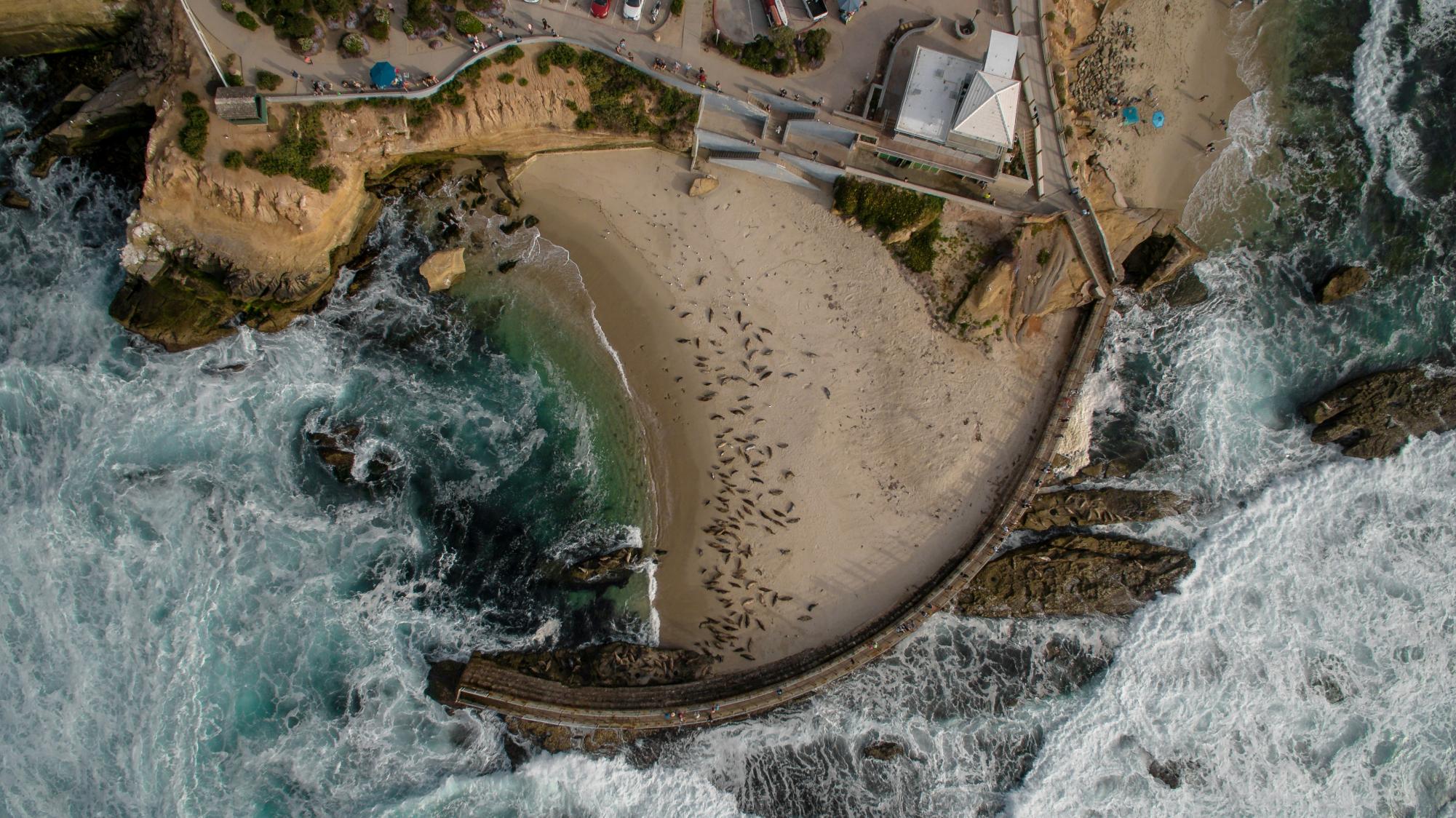On Jan. 23, Gov. Gavin Newsom called a county-wide emergency in San Diego as the area experienced mass flooding from a storm that its drainage system was unequipped to handle. As a result, homes and vehicles were destroyed by water damage, and thousands of families are now displaced. San Diego residents are rightfully expressing frustration toward the county, demanding answers as to why action had not been taken to prevent such major storm damage. As tensions between local government and residents persist, the city must enact legislation to follow through on its promises to acknowledge and rectify its infrastructural failures.
Local politicians are simply cheating San Diegans out of viable rainstorm protection. San Diego’s Deputy Chief Operating Officer Kris McFadden claimed that the city has delivered on its promise to alleviate the burden of immense rain by adequately clearing out numerous storm drains. However, McFadden and the city failed to address South Chollas Creek — one of the most prominent flood channels in San Diego. A maintenance plan ratified in 2016 by city leaders ordered the channel to be cleaned out, but this was never put into action. Furthermore, residents in Southcrest claim to have expressed concern to the city regarding the state of the flood channel for many years and asked that the debris in the channel be removed to ensure its functionality. However, their calls were blatantly ignored.
Many of these problems occur due to the lack of funding San Diego puts into its infrastructure. The city’s budget for the 2024 fiscal year shows that a mere $39 million has been allocated toward fixing deteriorating stormwater infrastructure. Philadelphia, in comparison, acknowledged its storm drain insufficiencies early and a total of $2.4 billion was apportioned to develop “green” storm drains that effectively prevent flooding. The city gained global recognition for its innovative system.
Despite the city’s clear lack of attention to this issue, San Diego officials continue to insist that they have done their part in ensuring civilian safety and that any damage caused by intense rainstorms is unpreventable. For this recent storm, representatives claim that even a “golden storm drainage system” would not have been effective enough. This is not the first time such provocative claims have been made. In 2018, a group of residents from Beta Street in Southcrest filed lawsuits, demanding compensation from the county for the destruction of their homes, which was a direct result of stormwater mismanagement. City officials then argued that the immense rainfall San Diego experienced was a once-in-a-millennium occurrence and an “unforeseeable event.” However, the court rightfully sided with the homeowners and ordered the city to give $209,000 in compensation.
Though these homeowners were able to win this settlement, others were left with nothing, and the city officials’ claims of their powerlessness over the situation and stormwater infrastructure are blatant lies. A 2018 news report revealed that local politicians were made aware of insufficient storm drains far before the issue reached the public and failed to do anything about it. Rather than acknowledging, informing, and taking strides toward infrastructural reformation to develop a community safe from flooding, they failed to educate the public about the severe lack of funding they allocated toward stormwater infrastructure over the past 20 years; they have continuously “low-balled” compensation for the large funding gaps present for infrastructure in each year’s budget.
Our fears regarding San Diego’s infrastructure — the layout and quality of our storm drains, debilitating road conditions, and other severe infrastructural flaws — are not misplaced. San Diego Mayor Todd Gloria shares these concerns and has previously critiqued failing stormwater management. However, Gloria has not taken any steps toward rectifying the situation and reforming the system’s management. In 2021, Gloria secured approval from the San Diego City Council to allocate $293 million toward upgrading infrastructure across the county, but stormwater management remained low on his list of priorities, ranking fourth on funding. Because stormwater infrastructure is not a publicly prominent societal issue, Gloria directed San Diego’s $5 billion deficit of infrastructure funds toward his “Sexy Street” program, which prioritizes the effectiveness of his campaign over public safety. San Diego politicians who claim to work in the interest of the community should honor that commitment and protect civilian livelihood by, in this instance, advocating for less publicly appealing but vital proposals like reforming storm drains, rather than catering proposed legislative plans toward more prominent societal issues for the sake of effective campaigning.
Even after receiving a $733 million federal EPA loan nearly two years ago for stormwater infrastructure, the proposed construction plan has yet to be executed, leaving the loan untouched. The city claims that they need much more funding — a grand total of $1.3 billion, to be exact — and 95 years to implement adequate stormwater infrastructure. Storms in San Diego are progressively growing more ferocious, and an insufficient storm drainage system will not only degrade the quality of life in San Diego but continue to threaten the safety of its residents unless significant repairs are made. In order to protect the lives of San Diego residents, local politicians must prioritize the gradual revamping of stormwater infrastructure rather than hinder infrastructural progress for personal interest.










Anastasia • Jan 30, 2024 at 12:05 pm
This was an amazing article!